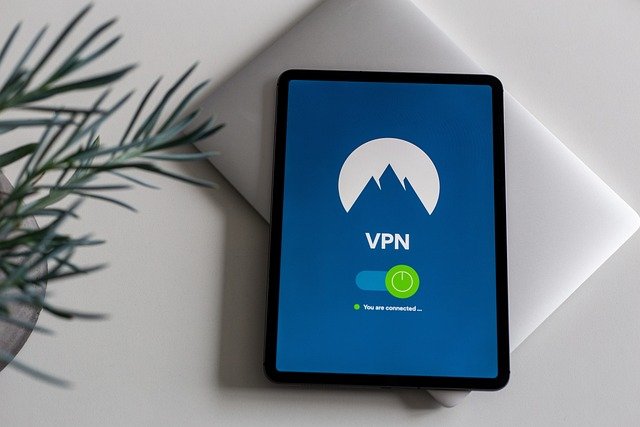Unlocking the Benefits of Water Filters: Your Guide to Clean, Safe Drinking Water
Clean, safe drinking water is essential for our health and well-being. However, tap water can sometimes contain contaminants that affect its taste, odor, and safety. This is where water filters come in, offering an effective solution to improve the quality of your drinking water. In this comprehensive guide, we'll explore the world of water filters, their benefits, and how they can help you access cleaner, better-tasting water right in your home.

Activated carbon filters, for example, work by adsorbing contaminants as water passes through a bed of activated carbon. This process effectively removes chlorine, sediment, and organic compounds that can affect the taste and odor of water. Reverse osmosis systems, on the other hand, use a semi-permeable membrane to remove a wide range of contaminants, including dissolved solids, heavy metals, and even some microorganisms.
Why should you consider using a home water filter?
There are several compelling reasons to invest in a home water filter:
-
Improved taste and odor: Filters can remove chlorine and other chemicals that give tap water an unpleasant taste or smell.
-
Reduced contaminants: Water filters can remove harmful substances like lead, bacteria, and pesticides, making your water safer to drink.
-
Cost-effective: While there is an initial investment, using a water filter can be more economical than buying bottled water in the long run.
-
Environmentally friendly: By reducing reliance on bottled water, you’ll help decrease plastic waste and its impact on the environment.
-
Convenience: With a home water filter, you’ll have access to clean, great-tasting water whenever you need it, without the need to buy and store bottled water.
What types of water filtration systems are available?
There are several types of water filtration systems to choose from, each with its own strengths and ideal applications:
-
Pitcher filters: These affordable and portable options use activated carbon to remove contaminants and are great for small households.
-
Faucet-mounted filters: Easy to install and use, these filters attach directly to your kitchen faucet and provide filtered water on demand.
-
Under-sink filters: These more comprehensive systems are installed beneath your sink and can provide filtered water through a dedicated faucet.
-
Whole-house filtration systems: These filter water for your entire home, ensuring clean water from every tap and appliance.
-
Reverse osmosis systems: These advanced filters remove a wide range of contaminants, including dissolved solids and heavy metals.
How do you choose the right water filter for your home?
Selecting the right water filter depends on several factors:
-
Water quality: Have your water tested to determine which contaminants are present and need to be addressed.
-
Household size: Consider how much filtered water you’ll need daily to choose an appropriately sized system.
-
Installation requirements: Some systems require professional installation, while others are DIY-friendly.
-
Maintenance needs: Factor in the cost and frequency of filter replacements and any ongoing maintenance.
-
Budget: Water filtration systems vary widely in price, so consider both upfront and long-term costs.
What are the top water filter options available in the market?
To help you make an informed decision, here’s a comparison of some popular water filter options:
| Product/Service Name | Provider | Key Features | Cost Estimation |
|---|---|---|---|
| Brita Pitcher Filter | Brita | Removes chlorine, lead, mercury; BPA-free | $20-$40 |
| PUR Faucet Mount | PUR | NSF-certified; removes 70+ contaminants | $30-$50 |
| APEC Reverse Osmosis | APEC Water Systems | 6-stage filtration; removes 99% of contaminants | $200-$300 |
| iSpring Whole House System | iSpring | 3-stage filtration; 100,000-gallon capacity | $400-$500 |
| Aquasana Countertop Filter | Aquasana | NSF-certified; removes 77 contaminants | $70-$100 |
Prices, rates, or cost estimates mentioned in this article are based on the latest available information but may change over time. Independent research is advised before making financial decisions.
How do you maintain your water filtration system?
Proper maintenance is crucial for ensuring the longevity and effectiveness of your water filter:
-
Replace filters regularly: Follow the manufacturer’s recommendations for filter replacement schedules.
-
Clean components: Regularly clean removable parts to prevent buildup of bacteria or mold.
-
Monitor performance: Watch for changes in water flow or taste, which may indicate it’s time for maintenance.
-
Schedule professional servicing: For complex systems like reverse osmosis, consider annual professional check-ups.
-
Keep records: Track filter replacements and maintenance to ensure your system is always operating at peak efficiency.
By investing in a quality water filter and maintaining it properly, you can enjoy the benefits of clean, great-tasting water right from your tap. Not only will this improve your drinking water experience, but it can also contribute to better overall health and environmental sustainability. Whether you opt for a simple pitcher filter or a comprehensive whole-house system, the right water filter can make a significant difference in your daily life.






